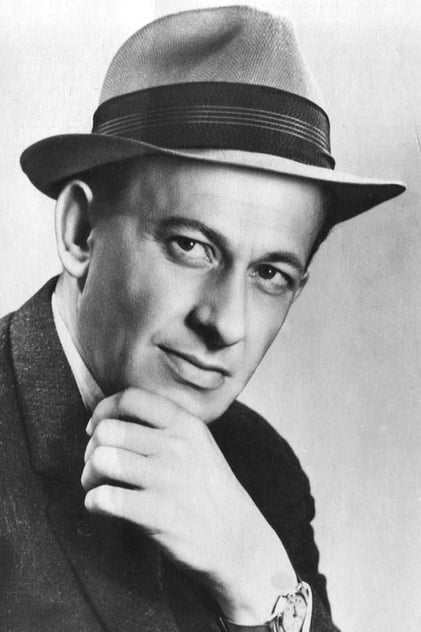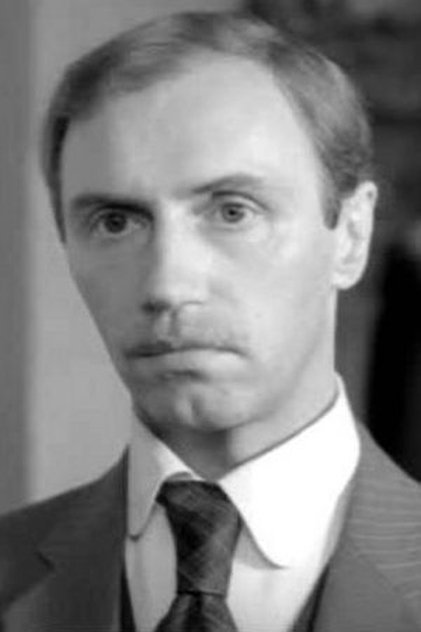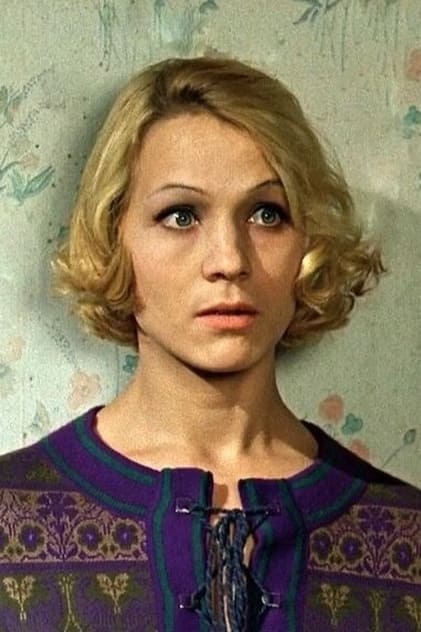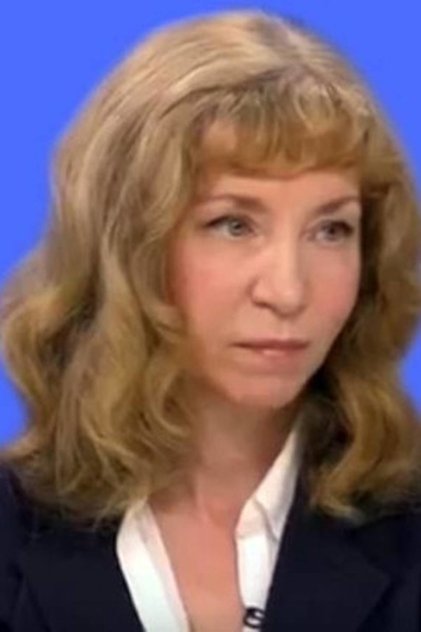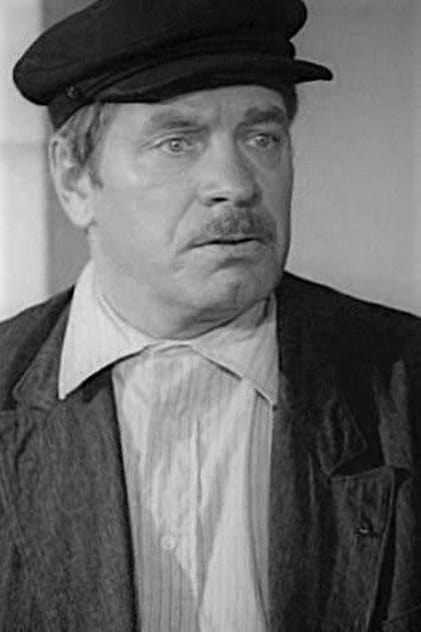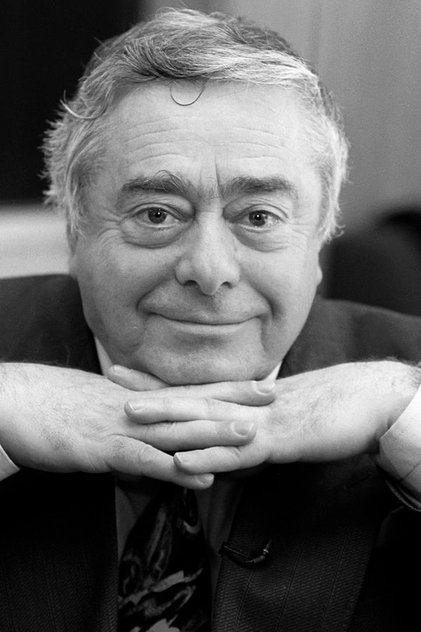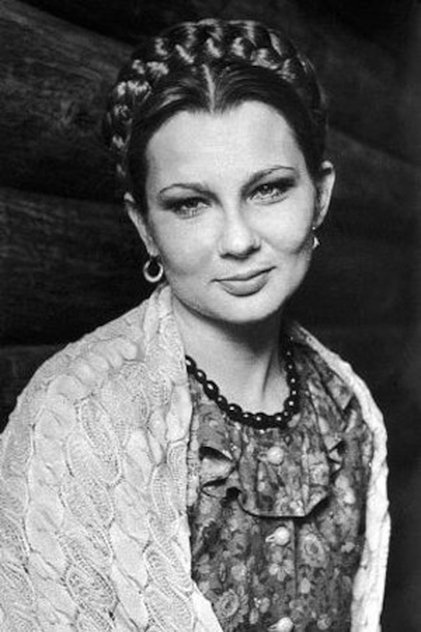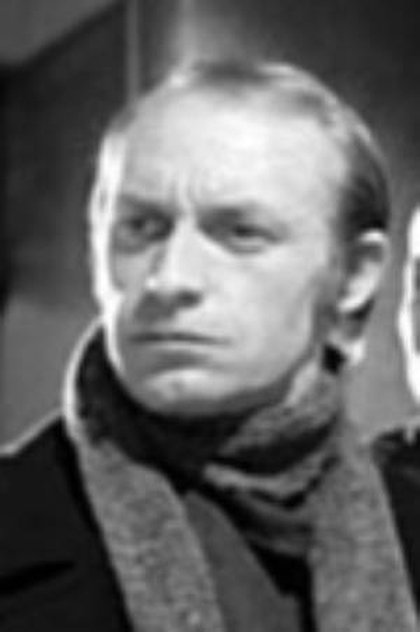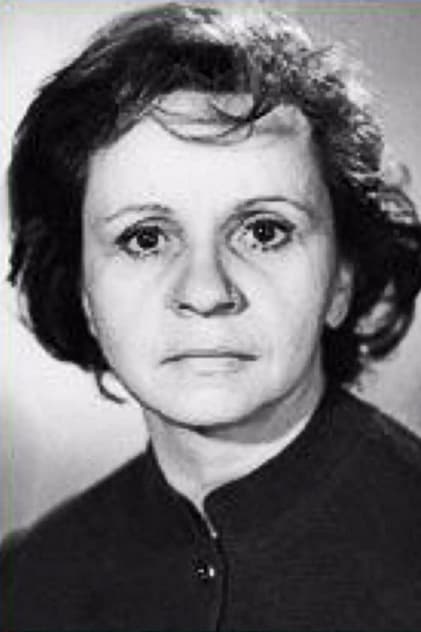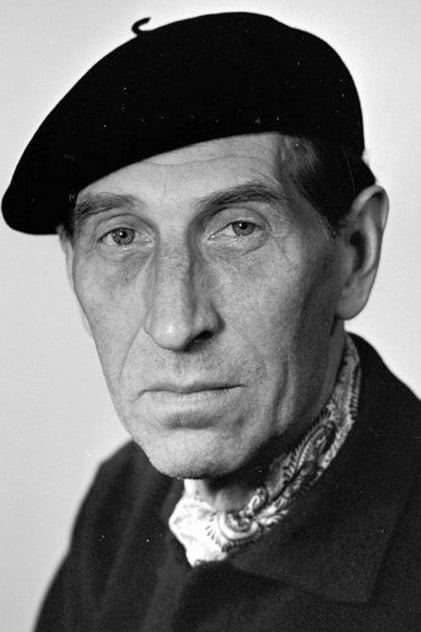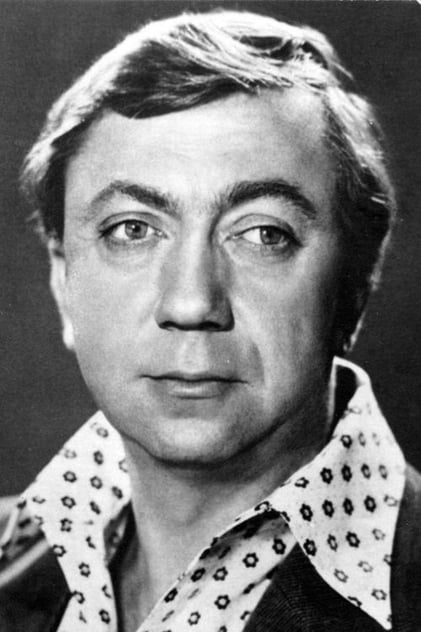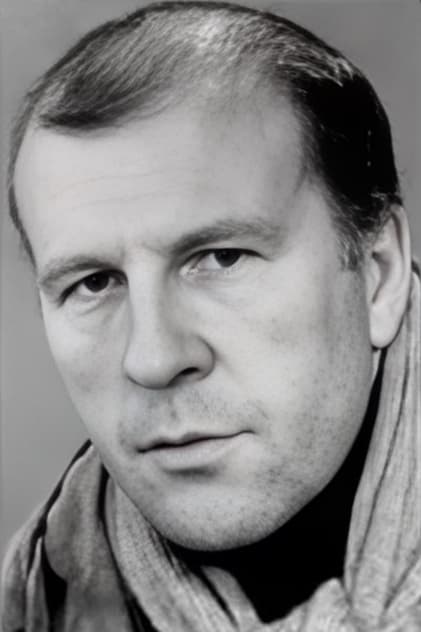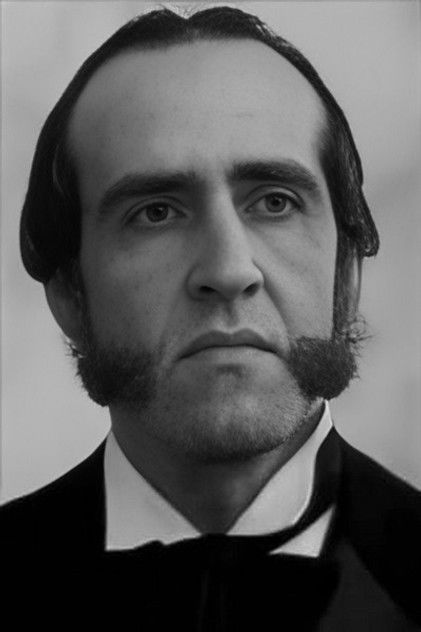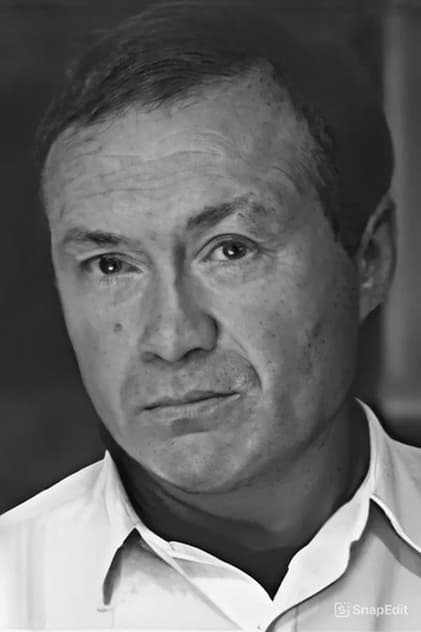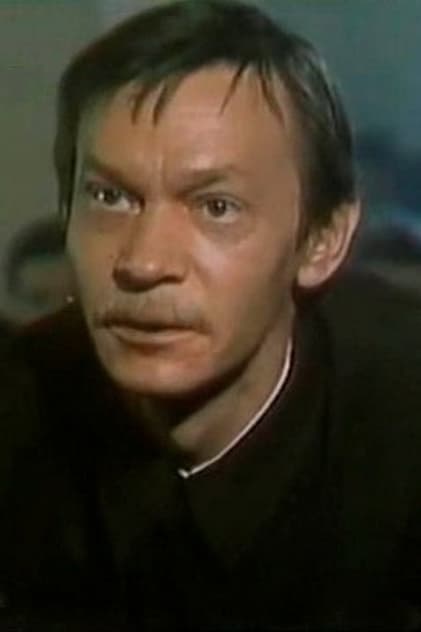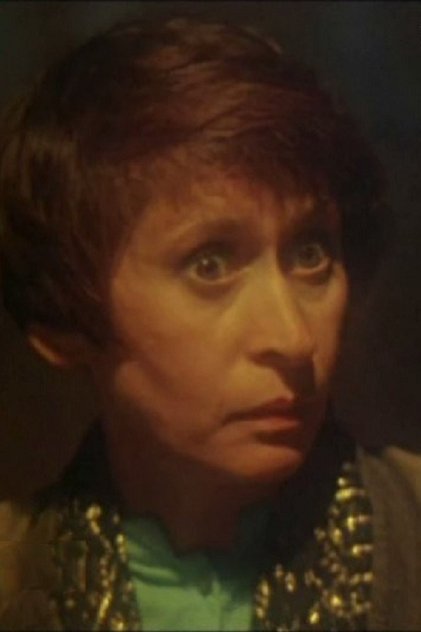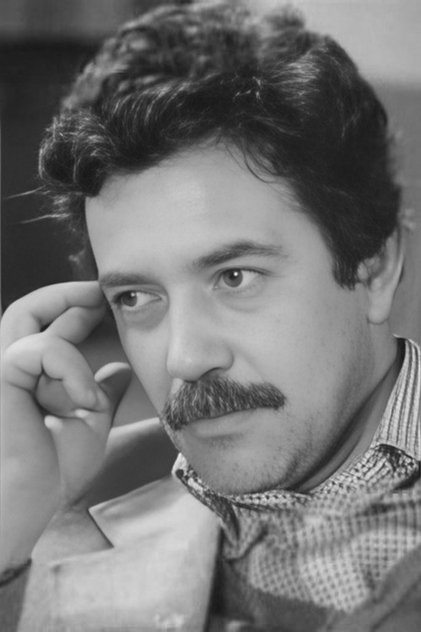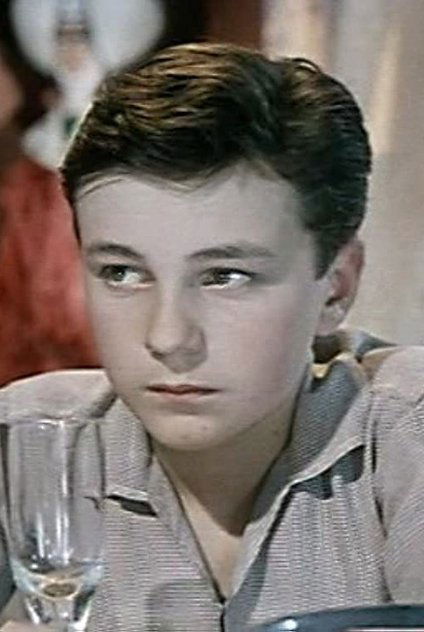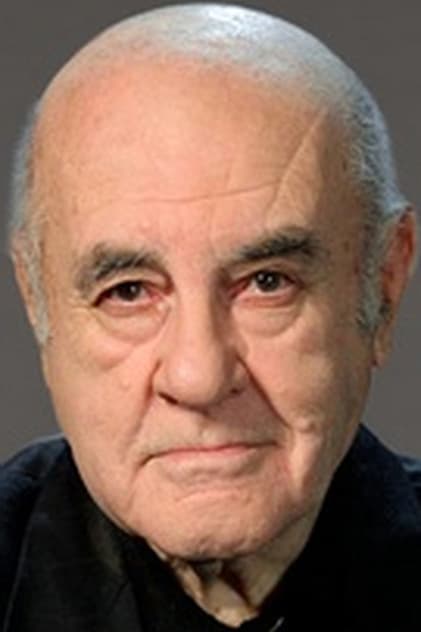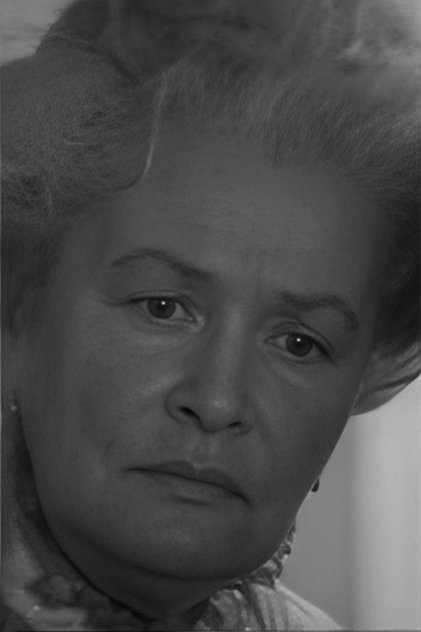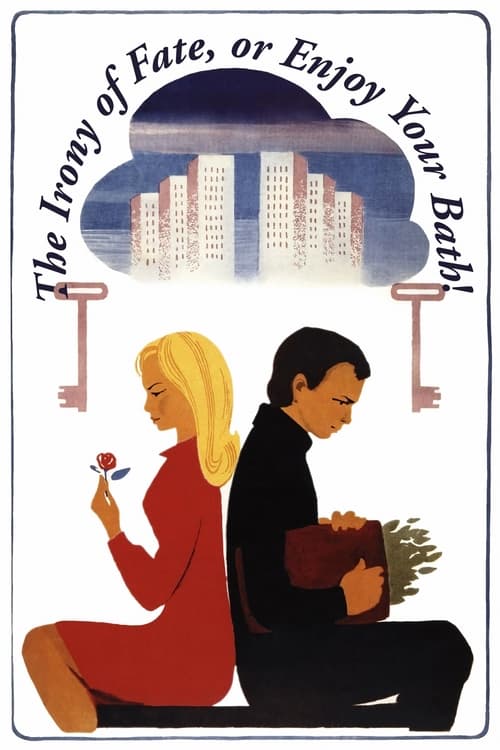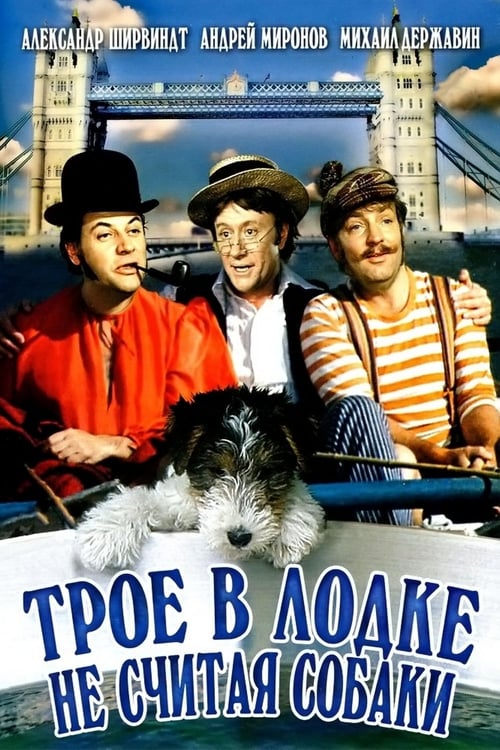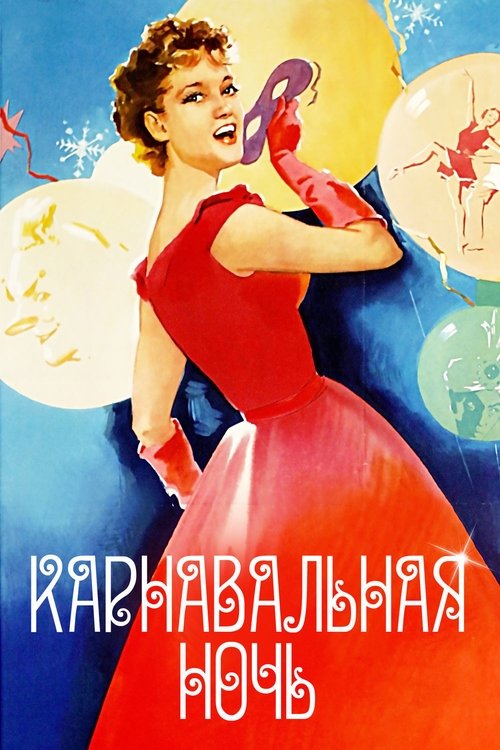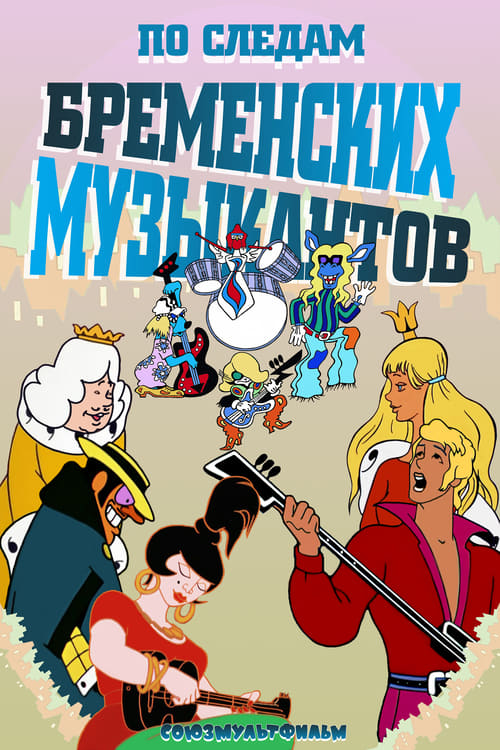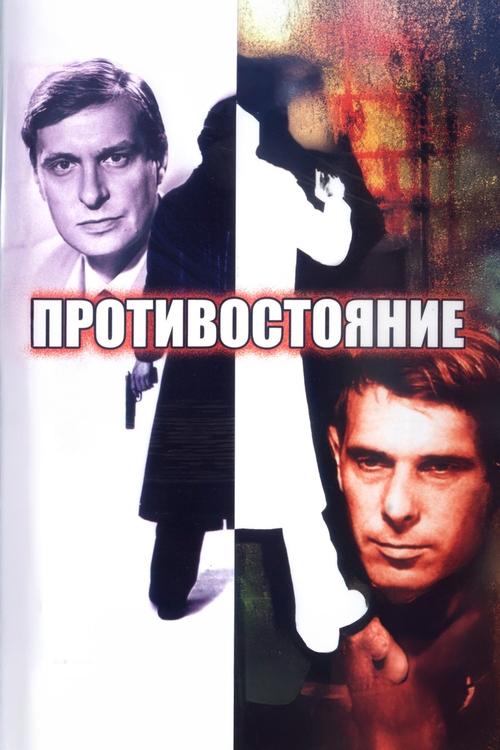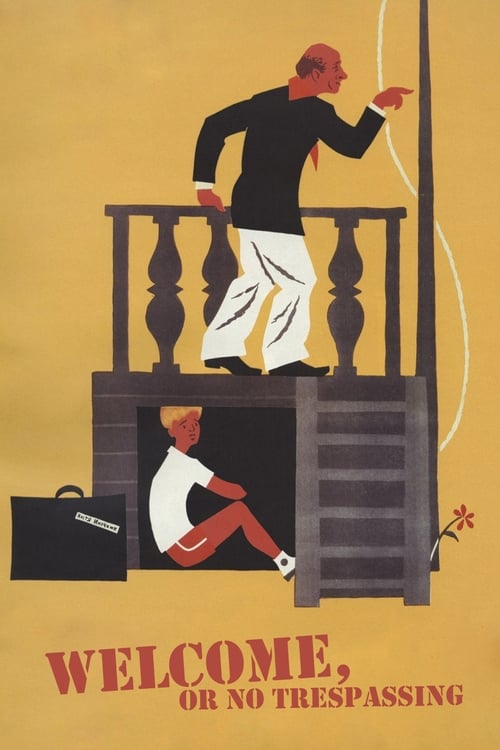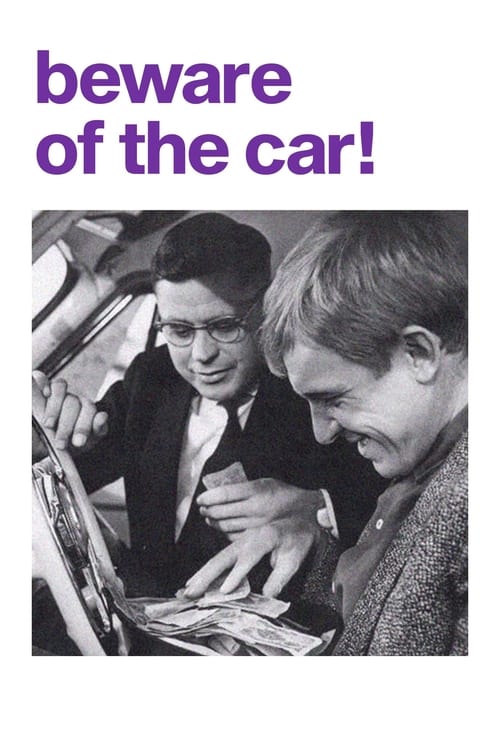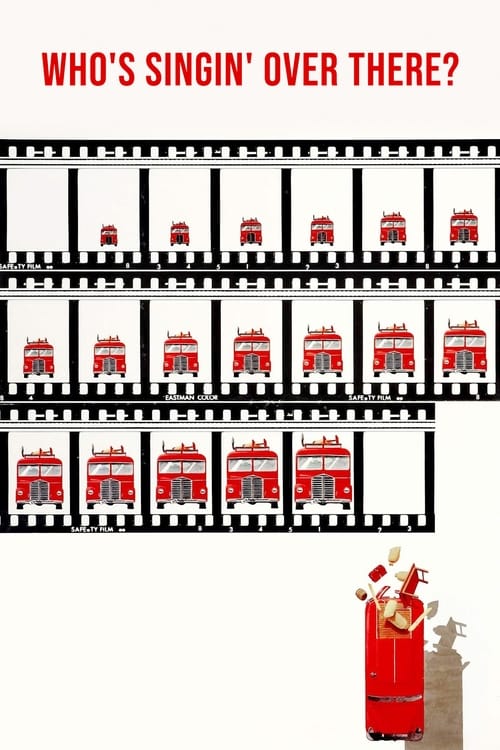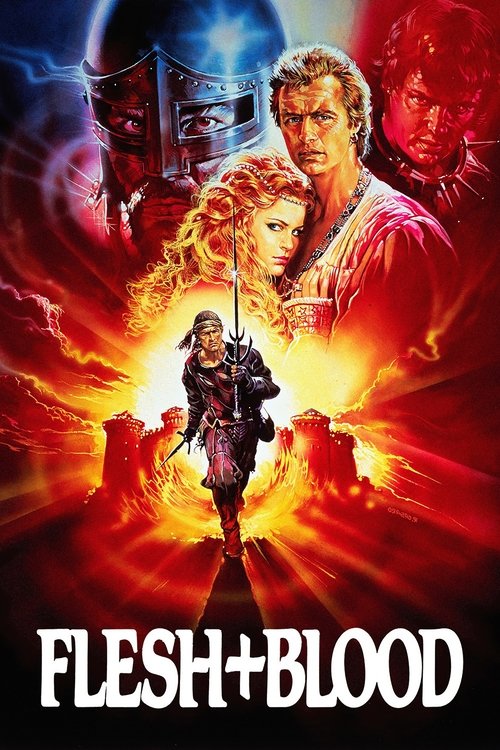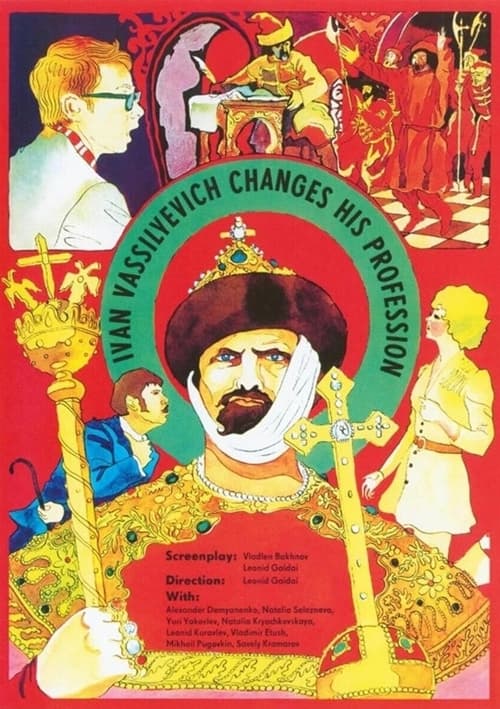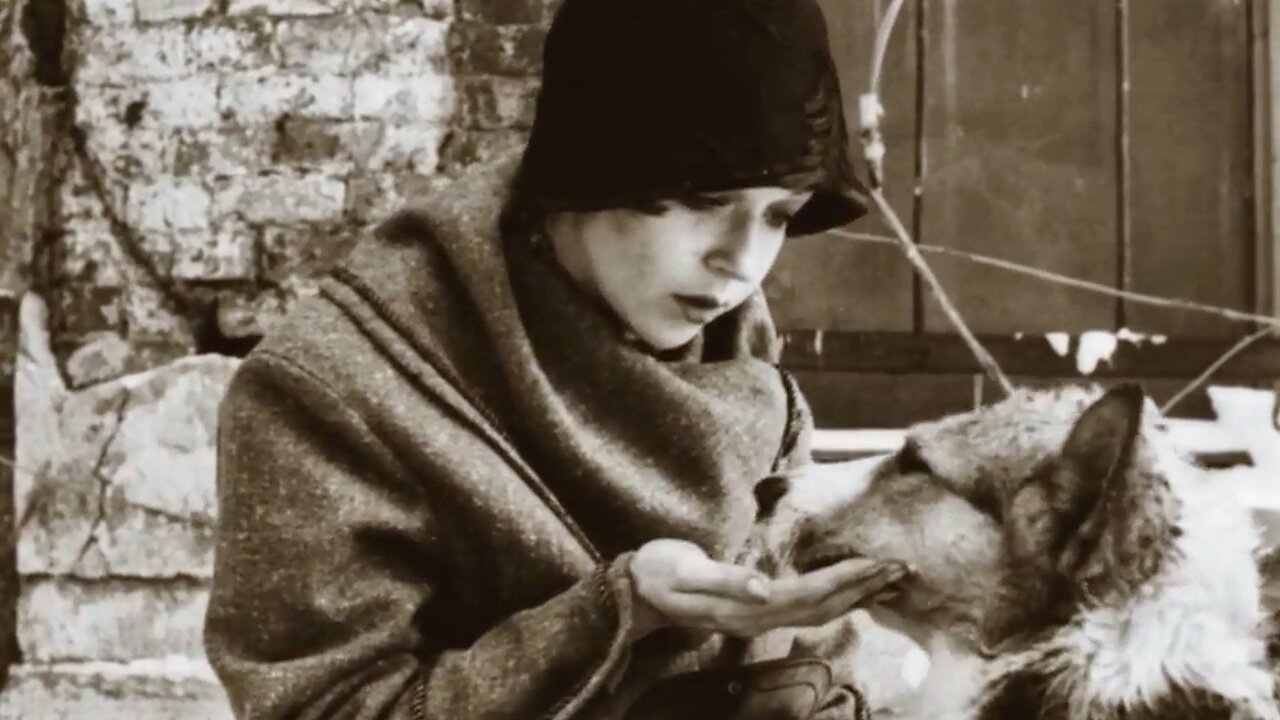
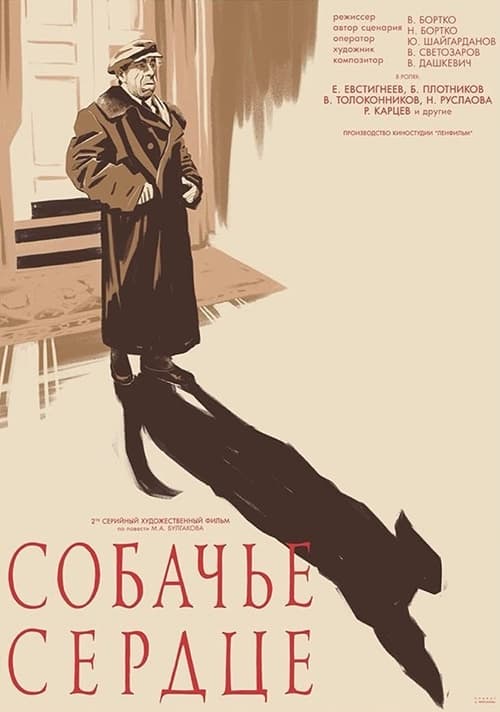
1988
·136m
Heart of a Dog
Summary
"Heart of a Dog" is a Soviet film adaptation of Mikhail Bulgakov’s iconic novella. Set in 1920s Moscow, it tells the satirical and darkly humorous story of a stray dog named Sharik, who is transformed into a human by Professor Preobrazhensky through a daring medical experiment. The resulting man, Poligraf Poligrafovich Sharikov, embodies the social and ideological tensions of early Soviet society. With its sharp critique of class struggle, human nature, and the perils of radical change, the film is celebrated for its faithful adaptation, brilliant performances, and rich allegorical depth.
Reviews
Tonis
February 28, 2025
The story centers on Professor Filipp Filippovich Preobrazhensky, a brilliant but arrogant surgeon, who believes he can improve humanity through scientific intervention. He performs an experimental operation, transplanting the pituitary gland and testicles of a recently deceased human alcoholic and criminal, Klim Chugunkin, into a stray dog named Sharik.
The experiment is initially a success, as Sharik transforms into a humanoid creature, named Polygraph Polygraphovich Sharikov. However, Sharikov embodies the worst aspects of his human donor: he is crude, aggressive, and opportunistic. He quickly becomes a disruptive force in Professor Preobrazhensky's life and the surrounding communal apartment.
Sharikov, fueled by his newfound human status and a rudimentary understanding of revolutionary rhetoric, becomes a member of the local housing committee, empowered by the zealous and equally inept Comrade Shvonder. He abuses his position, wreaking havoc and threatening the professor's comfortable lifestyle.
Professor Preobrazhensky, horrified by the monster he has created, realises the catastrophic consequences of his hubris. He ultimately reverses the experiment, transforming Sharikov back into a dog.
The film vividly portrays the chaos and uncertainty of post-revolutionary Russia. The old social order is crumbling, and new, often ill-prepared, individuals are thrust into positions of power. The housing committee and Sharikov's rise symbolize the dangers of unchecked authority and the erosion of traditional values.
Bulgakov's satire exposes the inherent flaws in human nature, regardless of social class or political ideology. Sharikov's transformation reveals the animalistic instincts that can lurk beneath the surface of human behaviour.
The story serves as a cautionary tale against the dangers of attempting to radically transform society through artificial means. The film demonstrates that forcibly altering human nature can have unforeseen and disastrous consequences.
The film suggests that tampering with the natural order can have unintended and destructive results. That you cannot create a "new man" by simply changing external factors.
##This review has been created with Gemini 2.0 Flash
Media
Status:
Released
Original Language:
Russian
Budget:
$0.00
Revenue:
$0.00
